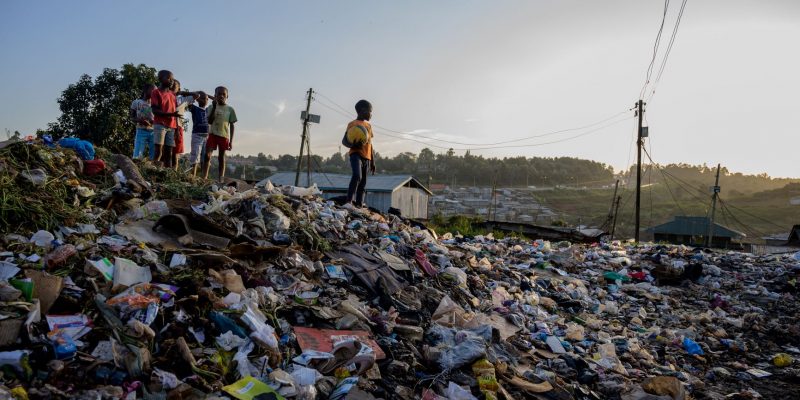The Bestseller Foundation has just launched an upgrading programme for the benefit of six waste management start-ups, selected in four East African countries. They will be coached for eight months and will receive financial support of up to USD 100,000 in the form of convertible debt. The aim of this accelerator is to increase the performance of these start-ups in waste recovery.
“Nothing is lost, everything is transformed”. This maxim is at the heart of a capacity building programme in the field of waste management in East Africa. The beneficiaries of this training, six in total, were selected from among 400 start-up candidates in four countries: Kenya, Uganda, Tanzania and Rwanda. The accelerator runs from August 2020 to March 2021, a period during which technical assistance will be provided to the companies. Each start-up will benefit from a personalised support programme with convertible debt financing according to the needs of the company.
The initiative is that of the Bestseller Foundation, a philanthropic organisation created in 2015, which invests in companies with a focus on social and environmental impact in order to reduce poverty in Africa and India. As part of its project in East Africa, training will be provided by Intellecap, a consulting firm based in Mumbai, India. “Intellecap will address specific gaps at the enterprise level by ensuring that the investment received is transformational for the enterprise while contributing to the strengthening of the waste sector in the region,” said Karnika Yadav, associate partner of Intellecap.
Waste pressure
The accelerator launched by the Bestseller Foundation comes at just the right time. For in low-income countries such as those in East Africa, waste management is a major socio-economic and environmental challenge. According to the World Bank, low-income countries collect around 48% of rubbish in cities and only 26% in rural areas, and recycle only 4% of waste. Yet the volume of waste produced worldwide each year is expected to increase by 70 per cent over the next 30 years to 3.4 billion tonnes.
A paradigm shift is therefore urgent, because, according to the World Bank, the non-treatment of solid waste is a major contributor to climate change: in 2016 it will account for almost 5% of global greenhouse gas emissions. In practical terms, poor waste management is contaminating the oceans, clogging drainage channels and causing flooding, spreading disease, increasing respiratory problems through open burning of rubbish, killing animals and affecting economic development, for example by harming tourism.
Boris Ngounou







